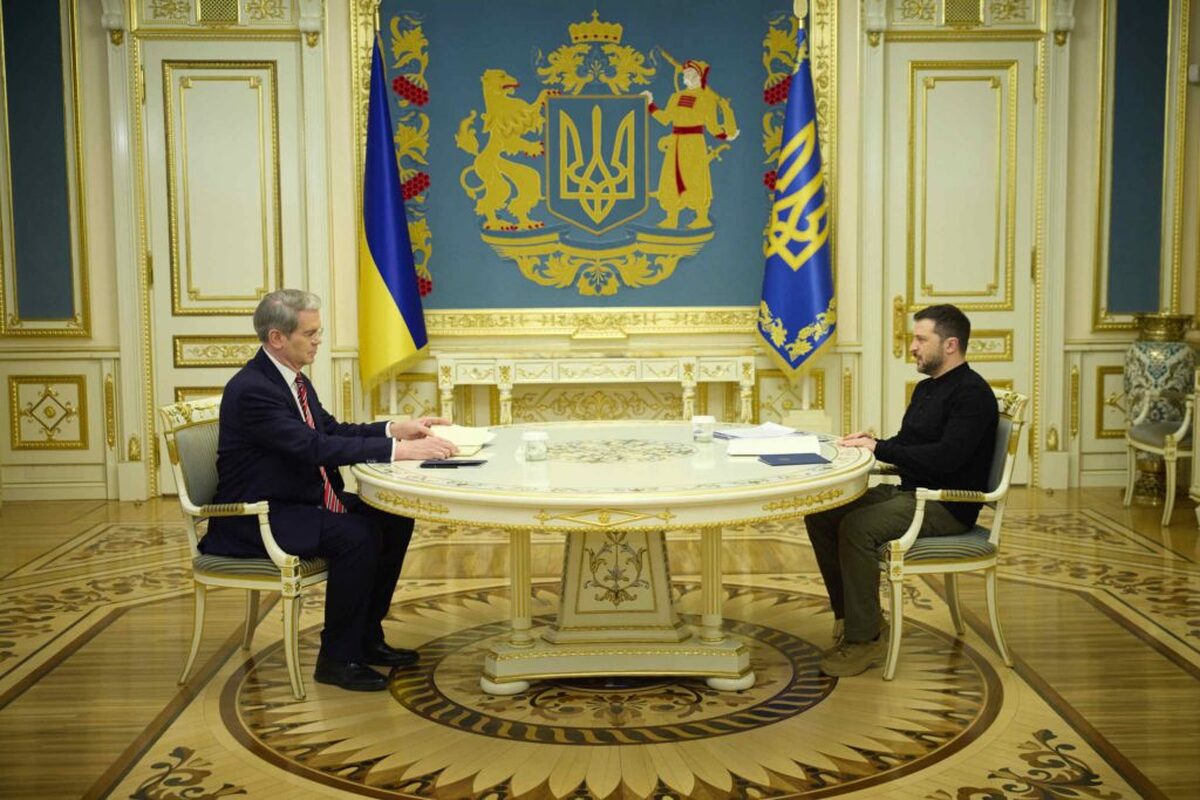
Lynas to move upstream processing of rare earths from Malaysia to Australia

The company, the world's only major producer of rare earths outside China, said the A$500 million-plan ($346 million) aims to boost production, appease Malaysian regulators and fend off takeover attempts.
“Our plan is to invest in upstream processing close to our source (Mt Weld), with downstream processing (in Malaysia) close to our customers,” chief executive Amanda Lacaze told investors.
“This is a sound strategy. It is a sound strategy independent of any other external pressures, but in executing this strategy, which includes the relocation of cracking and leaching from Malaysia, we will also satisfy the Malaysian Government requirements,” she said.
The company's plan is to invest in upstream processing near its mine (Mt Weld), with downstream processing (in Malaysia) close to its customers.
Moving its cracking and leaching operations from Malaysia to close to Mt Weld or to Kalgoorlie, in Western Australia, is also expected to help the company ramp up its production to 10.5kt of Neodymium and Praseodymium (NdPr) oxide a year in order to meet and profit from the expected demand growth.
Lynas' Malaysian operating licence is up for renewal in September, but new, tough conditions recently imposed by the Southeast Asian country to the miner triggered worries about potentially losing its licence to operate.
The Malaysian Government has hinted that the permit renewal is conditional on the radioactive residue being removed from the Mt Weld concentrate before it is shipped to Malaysia.
The company’s six-year-old facility in the country — known as the Lynas Advance Material Plant (LAMP) — has been the cause of ongoing tension between Kuala Lumpur and the Sydney-based miner.
LAMP was the centre of relentless attacks from environmental groups and local residents while under construction in 2012. They feared about the impact the low-level radioactive waste the refinery generates could have on the health of those living nearby, and to the environment.
Scrutiny escalated last year, with Kuala Lumpur setting a committee to review Lynas’ operations. Lacaze raised concerns about the impartiality of a couple of committee members, as both are known for being long time opponents of having the refinery located in Malaysia.
In December, the country ordered Lynas to remove 450,000 tonnes of radioactive waste stockpiled at its processing plant by Sept. 2., when the company’s licence is up for renewal.
Lynas, however, revealed earlier this year that it would not be able to comply with such demand by the given deadline.
Until now, Lynas has mined for rare earths in Western Australia and processed them in Malaysia. It produces neodymium and praseodymium, key ingredients in permanent magnets used in electric vehicles, energy efficient consumer devices and in the aerospace and defence industries.
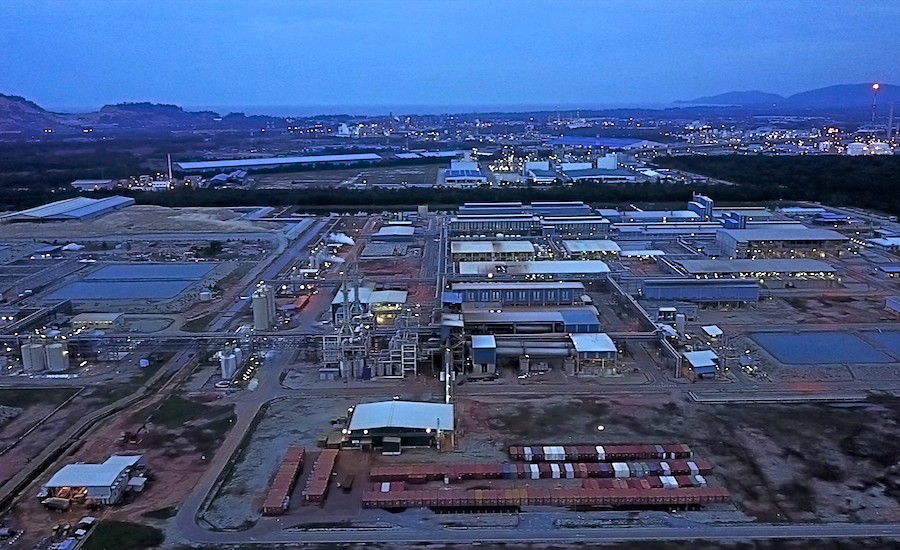

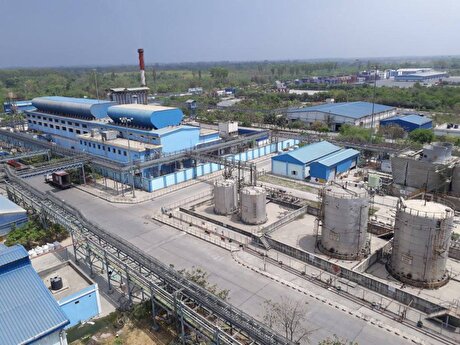
Hindustan Zinc to invest $438 million to build reprocessing plant

Gold price edges up as market awaits Fed minutes, Powell speech

Glencore trader who led ill-fated battery recycling push to exit

UBS lifts 2026 gold forecasts on US macro risks

Roshel, Swebor partner to produce ballistic-grade steel in Canada

Iron ore price dips on China blast furnace cuts, US trade restrictions

Emirates Global Aluminium unit to exit Guinea after mine seized
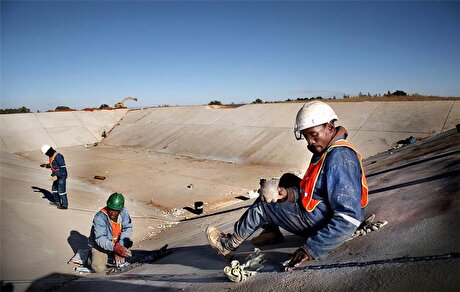
South Africa mining lobby gives draft law feedback with concerns

EverMetal launches US-based critical metals recycling platform

Barrick’s Reko Diq in line for $410M ADB backing

Gold price gains 1% as Powell gives dovish signal

Electra converts debt, launches $30M raise to jumpstart stalled cobalt refinery

Gold boom drives rising costs for Aussie producers
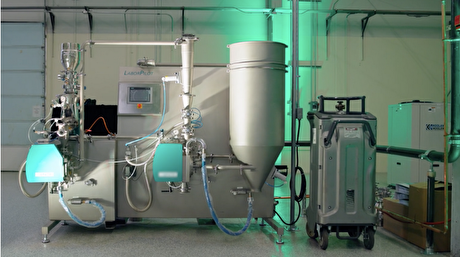
Vulcan Elements enters US rare earth magnet manufacturing race
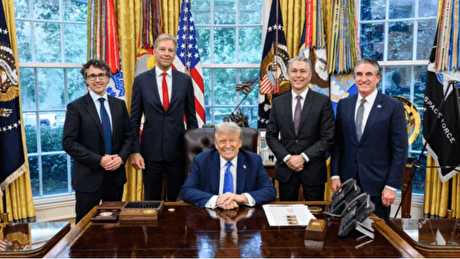
Trump raises stakes over Resolution Copper project with BHP, Rio Tinto CEOs at White House
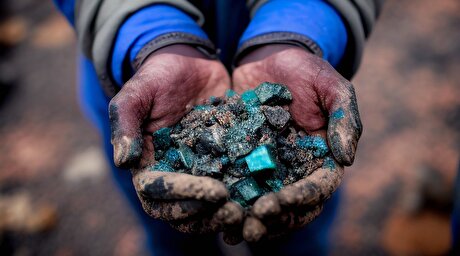
US seeks to stockpile cobalt for first time in decades

Trump weighs using $2 billion in CHIPS Act funding for critical minerals

Nevada army depot to serve as base for first US strategic minerals stockpile

Emirates Global Aluminium unit to exit Guinea after mine seized

Barrick’s Reko Diq in line for $410M ADB backing

Gold price gains 1% as Powell gives dovish signal

Electra converts debt, launches $30M raise to jumpstart stalled cobalt refinery

Gold boom drives rising costs for Aussie producers

Vulcan Elements enters US rare earth magnet manufacturing race

US seeks to stockpile cobalt for first time in decades

Trump weighs using $2 billion in CHIPS Act funding for critical minerals

Nevada army depot to serve as base for first US strategic minerals stockpile

Tailings could meet much of US critical mineral demand – study

